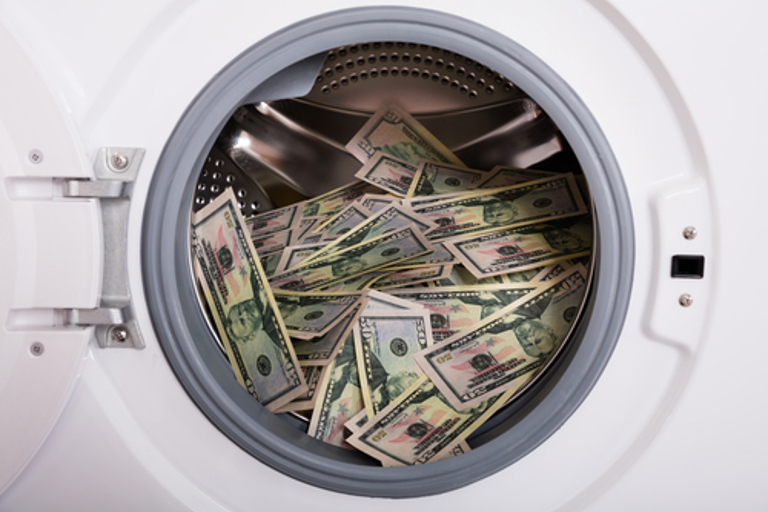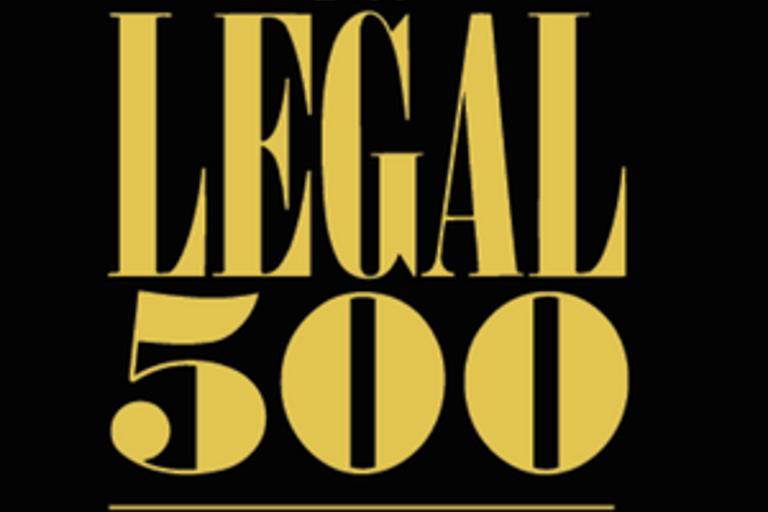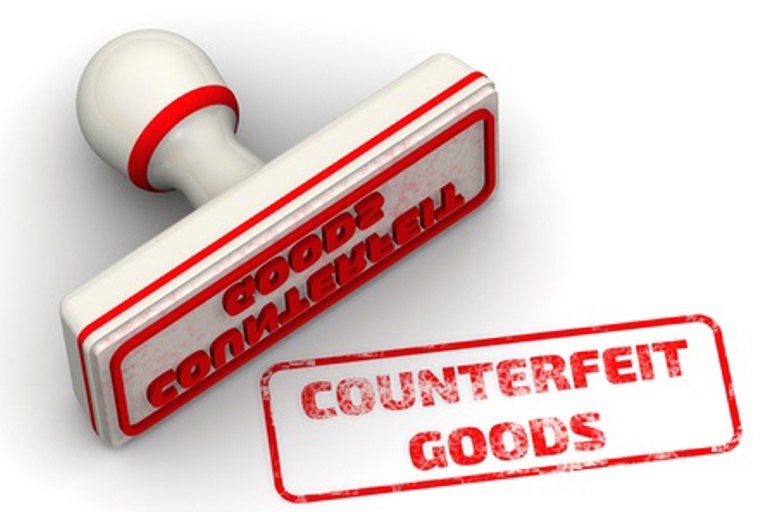
Amsterdam criminal court rules against counterfeiters accused of habitual money laundering
17 January 2022
INTRODUCTION
In many jurisdictions, counterfeit trade is not high on the priority list for law enforcement. However, in the Netherlands this can change when the financial magnitude of the criminal offence is larger and the Fiscal Fraud Police gets involved.
THE COURT CASE
In the above case two persons were summoned by the Public Prosecutor after a criminal investigation by FIOD (Dutch Fiscal Fraud Police, hereafter DFFP) including wiretaps and seizures. Defendants were suspect of counterfeiting in a professional way, as a company (aggravating circumstance in Dutch Penal Law) and moreover they were also suspect of habitual money laundering of the money earned with the manufacture and trade of counterfeit products, i.a. Canada Goose, Parajumpers and Stone Island jackets. They invested the money earned i.a. in real estate.
The defence did not get much further than a bare denial of the facts. The DFFP found multiple Marktplaats listings operated by the Defendants in which the counterfeit coats were offered for sale.
During a seizure in March 2018, a stamp machine, several stamps bearing the brand Canada Goose and Stone Island, six sewing machines and over 10,000 counterfeited labels were found at the house of one of the joint offenders.
He declared during an interrogation that he already was already active since 2016 sewing in badges and affixing labels in unbranded jackets coming in from Italy in turn for getting paid.
The DFFP found evidence of €442,217.32 spent in cash. The suspicion of habitual money laundering was considered proven by the Court, since the Defendant could not explain the difference between earnings and withdrawals. An amount of €436,501.67 was proven to be money laundered. The Defendant did not show in the accounts the differences and only exercised his right to remain silent.
In view of the size of the amount declared proven and the period in which the expenses and deposits were made, the Court found it proven that the suspect has made a habit of money laundering. The Court also found it proven that the suspect laundered the total amount of money with another person, namely his partner (co-defendant).
CONSIDERATIONS OF THE COURT
Whereas the Public Prosecutor claimed 12 months imprisonment, with a suspended sentence of 6 months with an operational period of two years, and confiscation of the house of the Defendant, the Court had to bear in mind the undue delay rules of Article 6 ECHR.
1. COUNTERFEITING AND UNFAIR COMPETITION
The suspect was complicit in commercial trade in counterfeit goods for a year and a half. The trademarks and copyright of several rights holders have been infringed. There is also unfair competition with respect to bona fide companies that do respect the interests of those rights holders. The brand owners themselves lose revenue if potential customers buy the counterfeit items instead of the original items.
2. HABITUAL MONEY LAUNDERING
The Defendant laundered almost half a million euros amount with his partner and made it a habit. With that money, the suspect and fellow suspect partly paid for their new house, renovated it and had a new bathroom and kitchen installed. By introducing criminal money into the legal payment system, the suspect and fellow suspect cooperated in concealing criminal activities and income from them. This encourages criminal behavior because it can create the impression that illegally acquiring income pays off. This also disadvantages the State, and therefore society, because no tax is paid on that criminal income. Furthermore, money laundering poses a serious threat to the legal economy and affects the integrity of financial and economic transactions.
THE COURT DECISION
The Court decided a sentence of 10 months, of which 4 on probation, with the operational period of 2 years. The Court rejected the confiscation claim from the Public Prosecutor and held that this additional punishment to be currently disproportionate, partly in view of the fact that no further investigation had been carried out into the house and nothing is known about, for example, its value. Money found in the safe and counterfeit bank notes was confiscated.
Want to know more? Please contact:

HOW THE DSA SHAPES RECOMMENDER SYSTEMS

Post Now, Pay Later: Sued for Posting a Photo of Yourself

LXA ATTORNEYS ACCOMPANIES RECORD NUMBER OF TRANSACTIONS IN 2024

LXA Attorney Gie van den Broek has contributed to the October 2024 ECTA Bulletin report

LXA Attorneys Joins Unifab’s College of Experts

Post-Brexit exhaustion of trademark rights: what you need to know!

LXA wins lawsuit against counterfeiters for Coty

Team franchise Exclusive Contributor 2023 Legal 500

Amsterdam Criminal Court Rules Against Counterfeiters Accused of Habitual Money Laundering (1)

